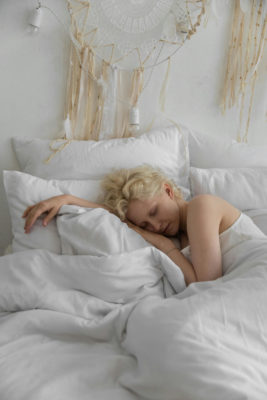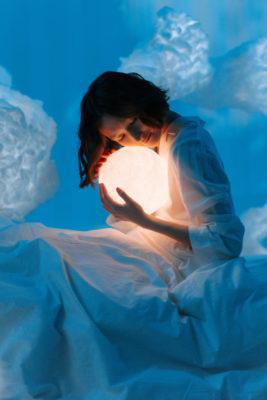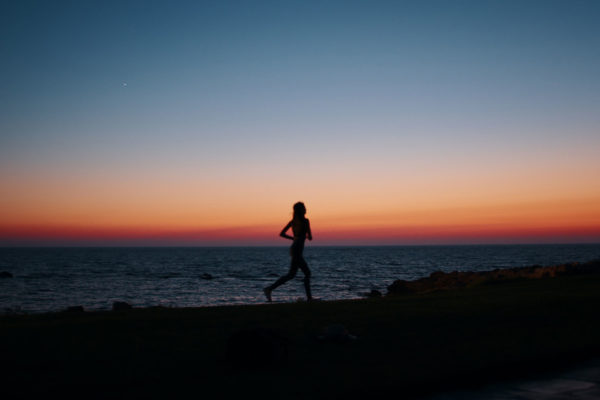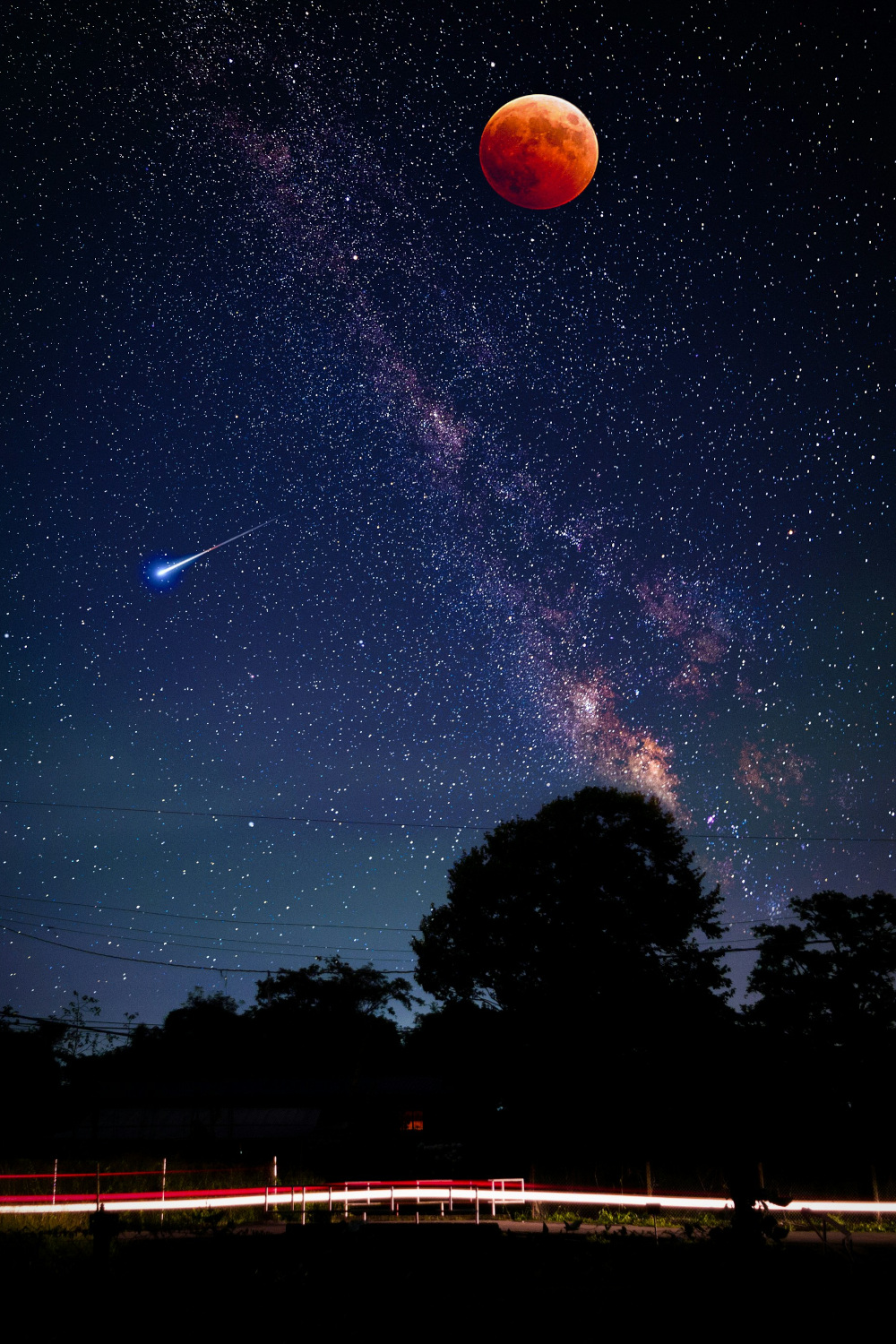
Can This Week’s Supermoon Impact Your Sleep?
By
5 months ago
Plus, how to get better rest on the night
All eyes will be locked on the night sky later this week, as the fourth and final supermoon of the year makes an appearance. Known as the Beaver Moon, this celestial event is set to be the biggest one yet – as well as the most disruptive. While studies are still in their infancy, it’s thought that a supermoon – as well as any full moon – can impact sleep to the point of disruption. Intrigued, we asked the experts to weigh in: can the moon really make it harder to fall asleep? Let’s find out.
What Is A Supermoon?
A supermoon is essentially a full moon that occurs when the moon is at its closest point to Earth – known as perigee – in its elliptical orbit. This makes the moon appear larger and brighter than usual, and sometimes it can even take on a different hue.
‘The term “supermoon” did not originate from astronomers but from astrologers,’ adds astrological expert Iryna Wood. ‘It was first introduced by astrologer Richard Nolle in an article for Dell Horoscope magazine in 1979. Nolle defined a supermoon as a new or full moon that occurs when the moon is at its closest approach to Earth in its orbit, known as perigee.
‘For a supermoon to occur, two things need to happen,’ she continues. ‘The moon must reach its closest point to Earth in its 27-day orbit and be in its full phase, which occurs about every 29.5 days when it’s fully illuminated by the sun.’
And, on average, we have around three or four supermoons a year – which can make their supposed impact on our sleep all the more important to be aware of.
@astrofunfy 🌕 The BRIGHTEST Supermoon of our lifetime is happening on November 14th! This moon will be 14% bigger and 30% brighter than usual, lighting up the night sky like never before. 🌙 Don’t miss out on this once-in-a-century event! 🌠 #Supermoon #AstronomyFacts #November14 #SpaceWonder #MoonLovers #NightSky #ViralMoon #Skywatchers #SpaceExploration #CosmicEvent ♬ original sound – astrofunfy
Can A Supermoon Impact Your Sleep?
While a hot topic of debate, there is some evidence to suggest that it can be more difficult to sleep during a supermoon.
‘While there’s no definitive research linking the supermoon specifically to sleep disturbances, some studies suggest that brighter and larger moons can subtly disrupt sleep patterns, particularly in those sensitive to light or who have a heightened awareness of natural events,’ confirms Christine Schneider, a clinical psychologist, psychotherapist and mental wellbeing coach at Cambridge Therapy Centre. ‘Research has found that lunar cycles may impact sleep duration and quality in some people, with one Swiss study suggesting that full moons can lead to less deep sleep and a reduction in sleep duration.’
Christine chalks the main disruption up to increased light exposure during the night. ‘A supermoon is not only closer to Earth but also appears brighter than a typical full moon,’ she says. ‘For individuals who sleep in rooms with more natural light exposure, this increase in brightness can interfere with the body’s melatonin production – a hormone essential for sleep. Melatonin levels rise as it gets darker, signalling to the body that it’s time to rest. However, when the environment is brighter, melatonin production may be delayed, potentially causing restlessness or delaying sleep onset.’
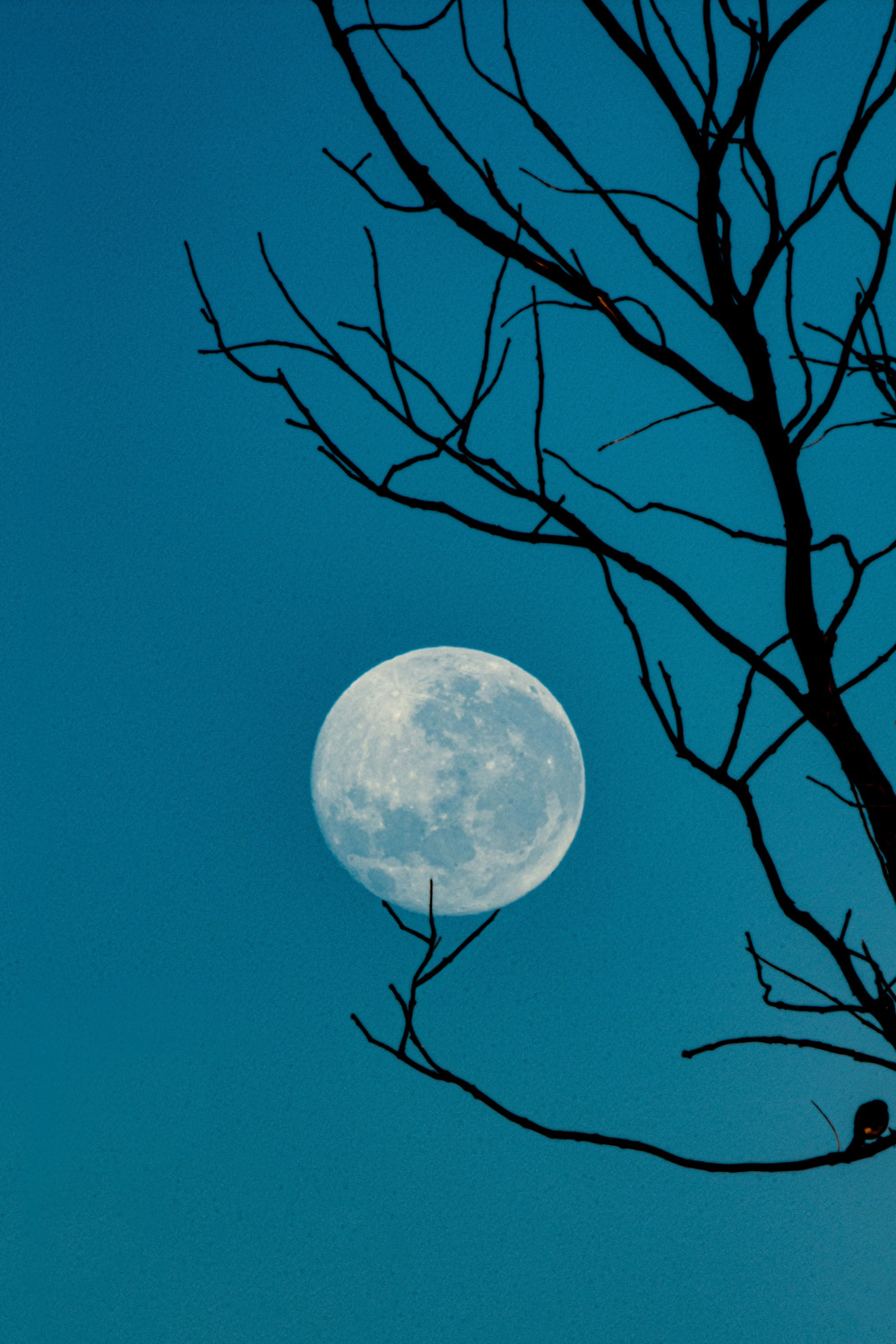
Iryna, on the other hand, tells us there could be a more spiritual explanation for disrupted sleep when a supermoon arrives. ‘During the period of a full moon, sleep may be shorter or more restless for two to three days each month, particularly during a supermoon,’ she says. ‘And there are energetic and physical reasons for this.
‘In astrology, if the sun symbolizes consciousness, the moon represents the subconscious,’ she continues. ‘Consequently, during a full moon – and even more so during a supermoon – subconscious elements become heightened: dreams, fears, illusions. All aspects connected to emotions. The moon has long been considered a symbol of feelings and the human soul. It directly influences the part of our consciousness that is not driven by logic but by intuition, sensation and imagination.
‘During the full moon, sleep can be disrupted, and emotional processes may be intensified both day and night, triggering a more exposed, reactive state in response to the same stimuli.’
This is something that Christine partially agrees with; if you’re aware of a possible sleep disturbance, you’re more likely to fixate on it. ‘For some, the supermoon brings a heightened awareness that can create a psychological effect, making it harder to “switch off” at bedtime,’ she explains. ‘People who are naturally sensitive to lunar cycles or interested in lunar events may find themselves more alert, either consciously or unconsciously. This increased alertness or anticipation can make it challenging to fall asleep or stay asleep, similar to the way we sometimes struggle to sleep before exciting or unusual events.’
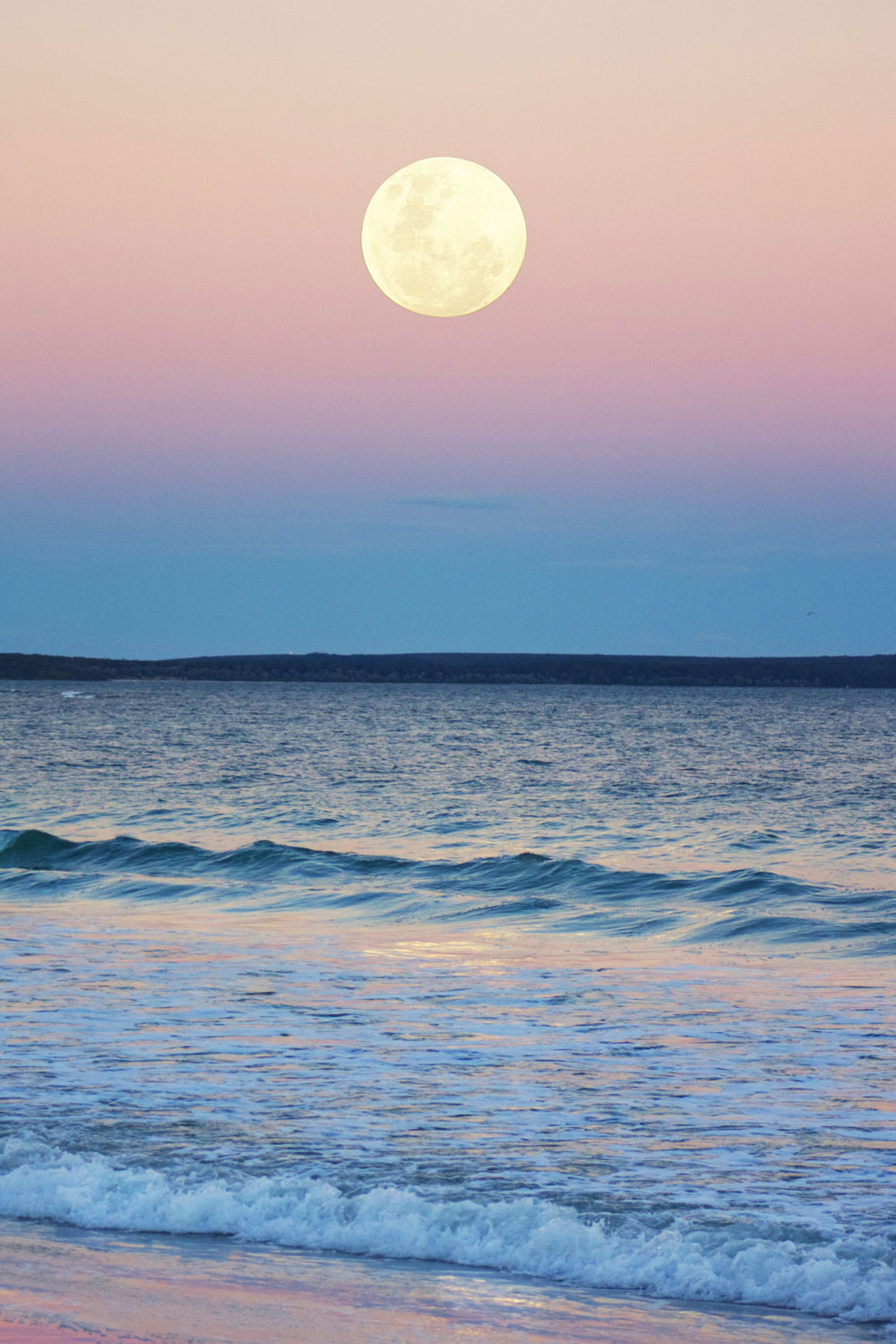
Unsplash
How To Get More Sleep During A Supermoon
The best thing you can do to get a good night’s rest during a supermoon, our experts tell us, is create an optimum routine and environment for sleep. ‘If you find that a supermoon or full moon affects your sleep, consider closing curtains or using blackout blinds to reduce light exposure.’ recommends Christine. ‘Practising a consistent sleep routine and incorporating calming activities, like deep breathing or a guided visualisation before bed, can help settle the mind and support relaxation.’
Iryna also suggests making a note of any unexpected emotions or reactions you have during a supermoon, so that you can better address them when the next one rolls around. ‘Even when destructive subconscious programs surface as emotions such as jealousy, quarrelsomeness, or envy, document these observations in a personal journal,’ she says. ‘Work through these negative beliefs and destructive scenarios, viewing them as your greatest allies, and identify core issues and childhood traumas. Embrace your triggers and reactions, for they are your friends on the path to self-healing.’
It’s also important to remember that the supermoon won’t be there forever. ‘These effects are temporary and typically subside as the moon wanes, so a few adjustments can make it easier to sleep well during these lunar events,’ confirms Christine.
Featured image: Nick Owuor, Unsplash







